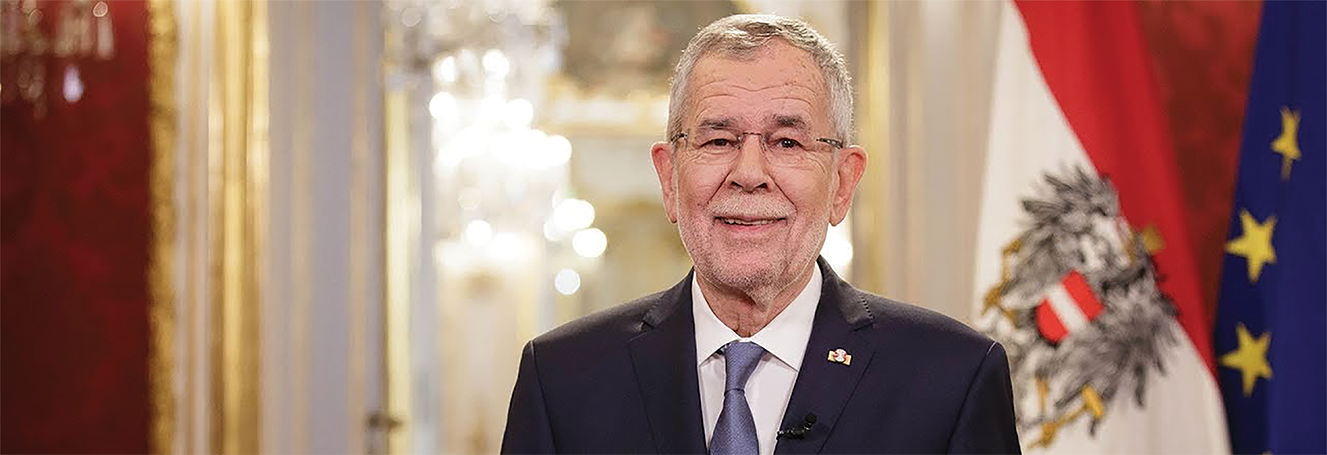Support: The Austrian anti-apartheid movement supported sa’s struggle for democracy
By Monk Nkomo
South Africa and Austria shared a common commitment to a world free of conflict and war and where sustainable development was a reality for all, according to President Cyril Ramaphosa.
He said this during his opening remarks during the official talks with Austrian President, Alexander van der Bellen at the Union Buildings in Tshwane on Friday.
‘’ We meet at a time of heightened global insecurity, exacerbated by geopolitical tensions, the climate emergency and conflicts in many parts of the world’’, Ramaphosa said. These events, he added, reinforced the need for multilateralism to remain at the centre of world affairs. They further underscored the need for the urgent reform of the institutions of global governance including the United Nations Security Council.
Both South Africa and Austria had ties of friendship and cooperation that got back many years ago. Austria was a valued partner of South Africa and Ramaphosa said they looked forward to taking this partnership to even greater heights.
‘’ We recall the role of the Austrian anti-apartheid movement supporting our struggle for democracy. We have not forgotten this solidarity which laid a firm basis for our bilateral relationship. Your visit today marks a new chapter in relations between Austria and South Africa.’’
The visit by the Austrian President was aimed- amongst others – to discuss economic issues as well as youth unemployment and finding resolutions to several other issues.
‘’On behalf of the people and Government of the Republic of South Africa, it is my pleasure to welcome you on this historic State Visit’’, Ramaphosa said as he welcomed the Austrian President. Through the Bilateral Consultations, they had maintained cordial relations rooted in mutual respect, shared values and a common commitment to multilateralism. ‘’We are also committed to deepening investment and trade between our two countries’’.
South Africa was Austria’s largest economic and trade partner in Africa. This country ( South Africa) accounted for almost a third of Austria’s total exports to the continent. There were more than 70 Austrian companies with subsidiaries or agencies in South Africa across a range of sectors.
Ramaphosa said there was also significant potential to deepen investment and trade links in areas such as the green economy, energy, manufacturing, infrastructure development and tourism.
‘’We share a common commitment to transition our respective economies along a low-carbon, inclusive, climate resilient path. As South Africa strives to achieve energy security through investment in renewable and clean energy, we look forward to expanding our cooperation with Austria’’.
South Africa had noted with interest the launch of Austria’s first green hydrogen production facility in 2023 and were eager to share their Green Hydrogen Economy Strategy and explore avenues for cooperation.’’
Ramaphosa added that they were interested to hear more about Austria’s comprehensive national Africa Strategy, which they understood was intended to expand cooperation in areas such as infrastructure, digitalisation, energy, environmental and climate technologies.
The momentum of South Africa’s structural reform process and efforts to boost economic growth presented unique opportunities for Austrian firms wishing to invest in this country.
For the country’s G20 Presidency, South Africa had chosen the theme ‘Solidarity, Equality and Sustainability’. It reflected South Africa’s commitment to advancing the African Agenda, multilateral cooperation and the interests of all countries and peoples.































